How Can I Save A Deposit for My First Home?
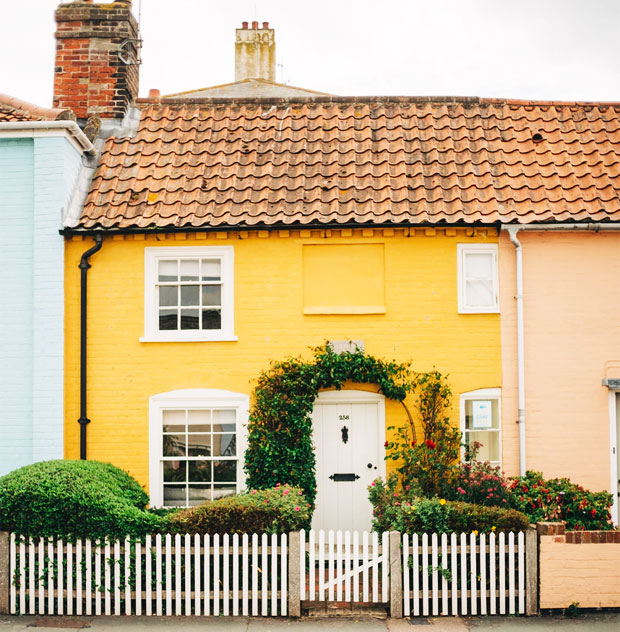
How Can I Save A Deposit for My First Home?
The UK can be an expensive place to live. But, if you’re a first-time buyer with the dream of homeownership, then you’ll be pleased to know it’s possible to buy a property without having to spend more than 30% of your take-home pay on mortgage repayments.
It just takes a bit of forward planning and some savvy saving – after all, the best things in life don’t come easy!
If you’re currently renting a house or flat and want to buy your first property, we’re going to tell you a number of practical tips that will help you save for your deposit.
- What’s the average price of a house in the UK?
According to the property website Zoopla, the average price of a house in the UK is £225,571. Of course, this changes depending on where you live – and some areas are more popular than others.
For example, London is one of the most expensive places to buy a home in the UK with an average price of £512,561. You’ll need at least £50,000 saved as a deposit for your first home in London – this rises to £97,750 for those wanting to buy a property worth no less than £1 million.
In contrast, you can get an even better deal if you’re buying property in Wales as prices tend to be lower than the rest of the UK. In fact, you could get a house worth £187,000 for as little as £8,500!
It’s important to remember that estate agents use the term ‘average price’ rather than ‘asking price’ since some properties are listed at lower prices than others. In fact, you can buy a property worth up to 25% less than the average asking price. So, if you want to buy a property in London or the Southeast, don’t be too disheartened if you’re unable to find one for less than a premium asking price. But just remember – it won’t always be possible to buy such a property.
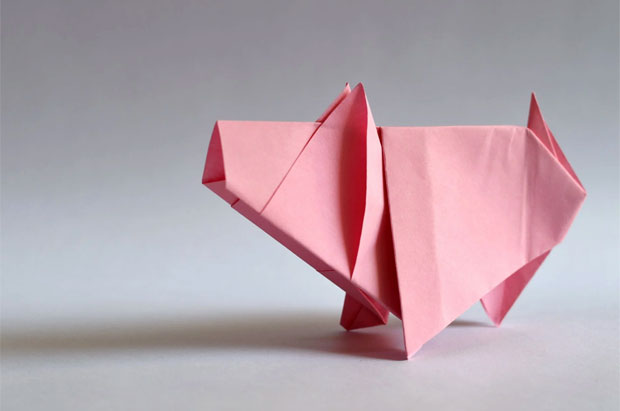
- How much should you have saved for your first house?
First things first. You’ll need to work out how much money you need to save in order to purchase a property. It can be tempting to say the bigger the deposit, the better. But, it’s important to look at your entire financial situation and set yourself realistic targets that match your income and outgoings.
A good rule of thumb is to aim for a 5% deposit – meaning you’ll need at least £10,000 if buying a house with an asking price of £100,000 (mortgage lenders will ask for 10%-20% as a minimum deposit).
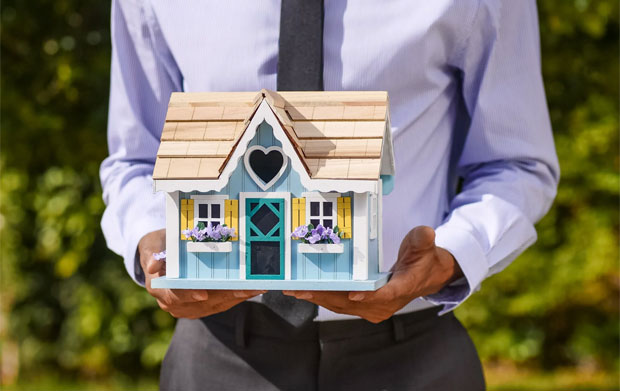
- Consider downsizing if you’re renting
If you’re currently renting a property, it’s a good idea to consider downsizing your accommodation as you move towards buying your first home.
Some people might think this is a terrible idea, but the reality is that some tenants – particularly first-time buyers – are losing money every month by renting rather than saving for their own place. This is because rent payments increase every year and will probably surge again in 2021.
Consider what you’re paying to rent your current property and work out how much of that could be going towards your deposit if you bought a house instead.
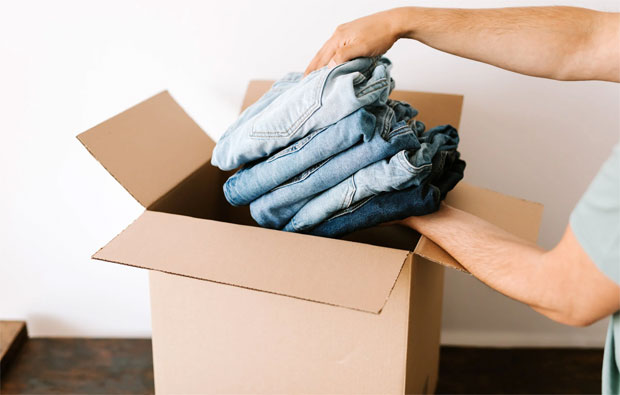
- Could I save money by selling unwanted items?
Many first-time buyers have items of furniture that they don’t use anymore. It’s a great idea to put these items on eBay or other online marketplaces. You might even be able to get double the price for your unwanted goods by selling them.
Have a think about other things you don’t use anymore – for example, a sofa that doesn’t fit in your current place could be the perfect way to raise some funds for your deposit. Remember to include any costs like postage so you can be clear about how much money you’re making from the sale.
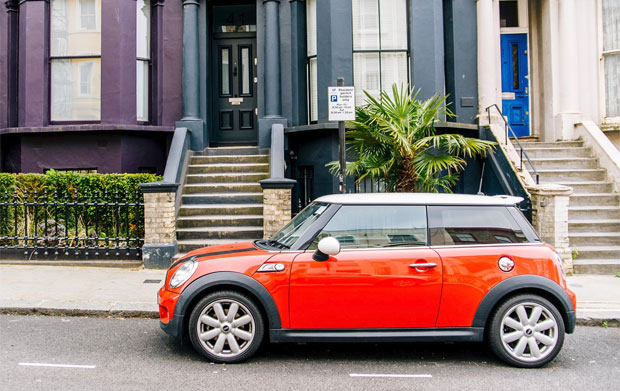
- Could I sell my car?
This is another question that many first-time buyers ask themselves. After all, it’s not essential for getting around and it’s probably costing you hundreds of pounds per year in petrol. But, you’ll need a reliable mode of transport if you’re buying property – especially in remote areas.
It’s a good idea to speak to other first-time buyers about what they did with their car and whether selling it was a good idea or not.
- How do I budget for a house deposit each month?
This is an incredibly important step and it’s one that all first-time buyers need to complete before they start saving.
Some financial experts recommend that you keep unspent income in a separate cash savings account. You can use this money whenever you like – but make sure you’re not dipping into your main deposit fund. What’s more, don’t be tempted to use any money that isn’t going towards your future home in order to pay for short-term expenses like holidays or mobile phone contracts.
It’s also important to remember that, if you’re buying a property with a partner, you’ll need to make sure the deposit is split equally.
If you have a joint account with your partner, it’s worth speaking to your bank about the best way to divide your savings so you know exactly where your money is going.
You should also consider where you’re putting the deposit money each month. Do you automatically pay into an Individual Savings Account? If so, it might be worth reviewing this to ensure that you don’t go over the government limits on how much money can be invested in ISAs each year.
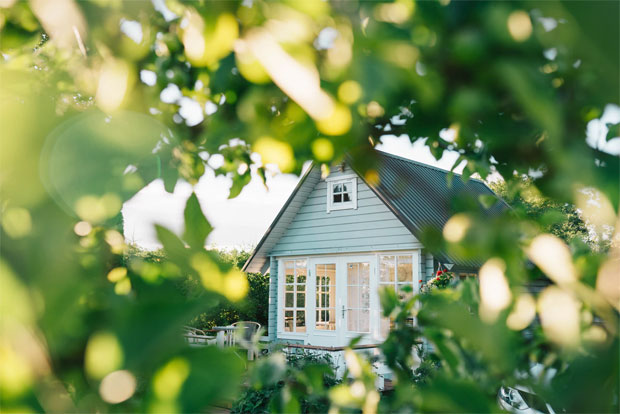
- I have my house deposit, what’s next?
Once you’ve worked up enough money for a deposit, it’s time to think about getting some professional advice.
A mortgage broker can help you find a deal for your first home that matches what you can afford and can guide you through the process of applying for a mortgage. They’ll also help you decide whether you should take out a fixed or variable rate deal.
It’s also worth thinking about getting independent financial advice. It’s shocking how many first-time buyers don’t do this and end up buying mortgages that charge expensive interest rates or have onerous payment terms. I’m buying my first home, what next?
If you’ve taken the time to do all of the above and you’re ready to buy, it doesn’t end there. Your search for a place to call your own will have begun in earnest.
Now is when you need to start looking at the market and building up a brief of what sort of property you want. You’ll also need to consider what sort of area you want to live in and whether you want a flat or self-contained house that could potentially be converted into another property down the line.
Once you’ve determined these things, make sure that your search is on track by talking through any decisions with your mortgage broker before taking any action.
Guest Article. Contains a sponsored link.





